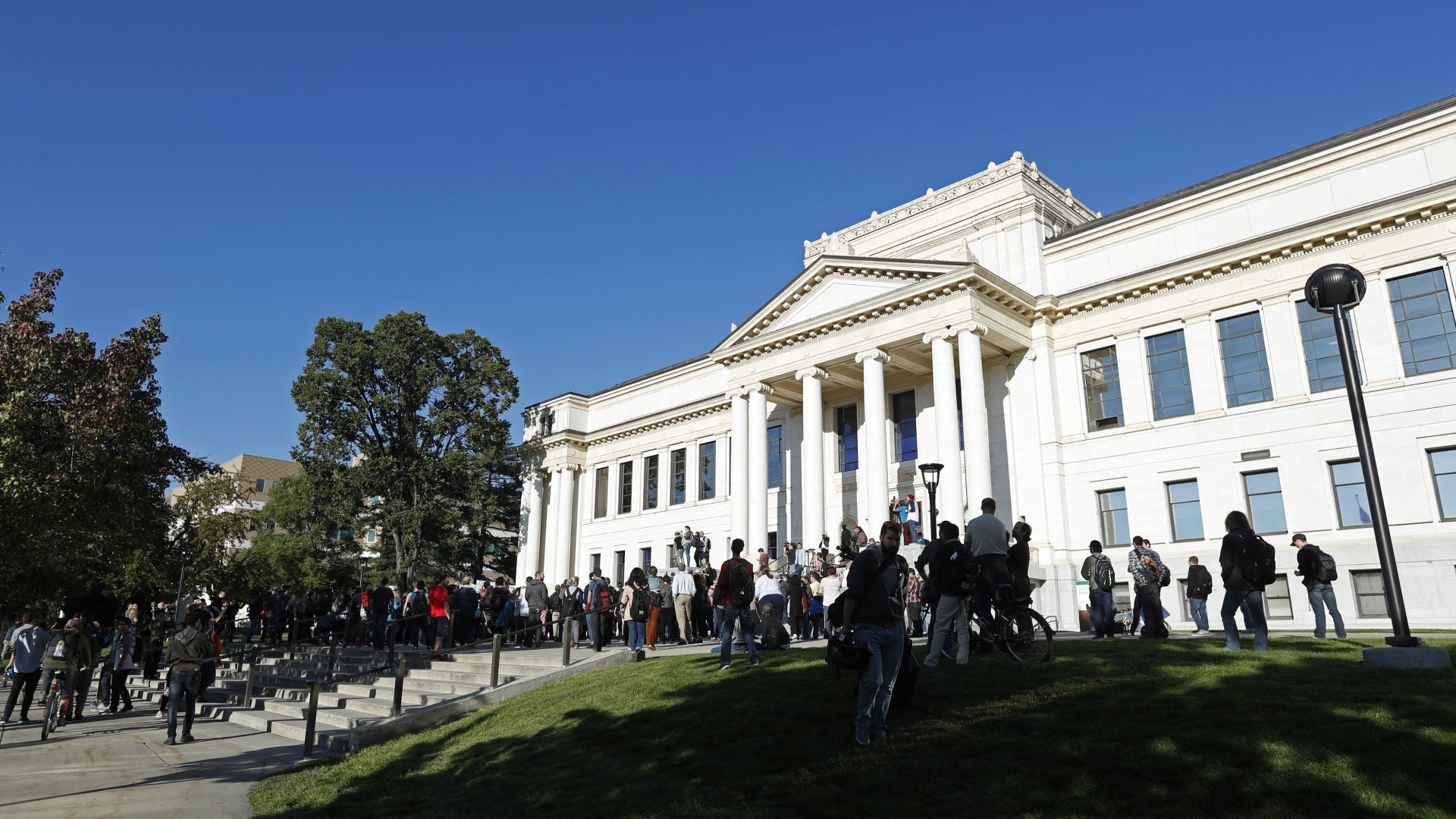
Utah Republican Governor Spencer Cox signed H.B.261, or the Equal Opportunities Initiative, into law on January 30, making it yet another state to ban diversity training, hiring, and inclusion programs at universities and in state government.
According to The Chronicle of Higher Education, 81 anti-DEI bills have been introduced in 28 states and Congress since 2023, with measures now law in eight states.
In the aftermath, state higher education officials are preparing for what’s “next in the firing line,” with many fearing that the state will target the curriculum for general education classes.
In Utah, staff in higher education worked with legislators to craft the bill language and “soften it.” Purportedly, “[t]he original draft…was a full ban of anything DEI-related, including eliminating those staff positions. And it included limits on curriculum before those were negotiated out.”
Under the new law, universities are prohibited “from giving individuals preferential treatment or discriminating against them based on race, color, ethnicity, sex, sexual orientation, national origin, religion, or gender identity.” But, “[r]ace-based cultural centers, like the Black Cultural Center at the University of Utah, will stay open,” The Atlantic reports.
In addition, unlike what transpired at the University of Florida, Utah is not planning to let go all Diversity, Equity, and Inclusion (DEI) employees. H.B. 261 “preserves the funding that DEI offices had while mandating that they refocus and rebrand as centers that attend to the needs of any student having trouble at college.”
But as the repercussions of the new law continue to reverberate around the world of higher education in Utah, many leaders see this as the tip of the iceberg. Officials are especially concerned about what they see as an underlying issue: “the state trying to assert more control over public colleges and universities.”
According to The Salt Lake Tribune, a bill that was introduced toward the end of the last legislative session, but ended up failing “would have forced the school [The University of Utah] to establish an independent School of General Education to instruct all students for their required introductory coursework.”







Republican state Sen. John Johnson, who was championing the legislation “wanted the focus on western civilization, mainly European communities, and to specifically include ‘the rise of Christianity.’ There were also to be several courses on the ‘principles, ideals, and institutions of law, liberty and civic virtue that underpin the American constitutional order.’”
If it had passed, this would have been unprecedented. The state’s commissioner over high education Geoff Landward “said the idea was to start with the U.[The University Of Utah] and then “‘it would be expanded to the entire system.’”
Given that the attacks on DEI are amplifying, these concerns appear to be well-founded, especially considering Utah gubernatorial hopeful Phil Lyman’s recent comments on social media. After the Baltimore Bridge collapsed last week, Lyman posted on X “This is what happens when you have Governors who prioritize diversity over the wellbeing and security of citizens.”






